#290 - Tips For Getting Your Song On The Radio
Pitch Yourself to Radio Programmers
Before approaching any music industry professional, you must have a couple things down before presenting yourself to them. Have an electronic press kit (EPK) at your disposal, and if not, a solid biography presenting your project and your background. It is key to be active and have a solid foundation on social networks. Make sure your sound recordings are of impeccable quality (.wav, 16bits, 44100Hz) and fill in the metadata of your tracks (digital information about the music: title, performer, author, composer, producer, ISRC code…)
Adhere to Radio File Formats
Take into account the length of your track. Your track should last between 2 and a half minutes and 4 minutes (2:30-4:00) long. Beyond that, your chances of getting on the airwaves are limited. Of course, we do not advise you to restrict your artistic creation. Still, we recommend that you produce a “radio edit” version of your single just in case. A radio edit is a version specially adapted for radio broadcasting, respecting the duration format and excluding any curse words/potentially inappropriate material.
Respect Language Laws
To get radio promotion, it’s worth looking into whether your country/region has language quotas. Since they affect whether your track will be played on the radio, quotas are one thing that can’t be overlooked. For example, if your album release includes tracks in a mix of languages, it often makes sense to promote the one in your primary language. However, music is more global than ever, so you actually may have a better chance of getting certain language tracks onto national and international radios!
Target the Right Radio Station
Every radio station has its own audience and musical genre of preference. Your music must appeal to the radio programmers at the station, so choose stations that play music within the same realm as yours. If your track covers multiple genres, reach out to stations that feature similar songs. There are also different types of radio stations to be aware of. If you are able to target one or more stations for each of the following categories, you’re off to a great start:
commercial radio stations
independent radio stations
college radio stations
streaming platform radio stations
online radio stations
Understand the Game
Don’t be discouraged if you don’t get your song on air. Unfortunately, major labels do control a lot of what music gets played. This is why pitching to smaller stations to begin with is a must. It’s easy to want to catch the big fish first. Show the bigger stations why you deserve a spot on their rotation by building a track record of radio play on a number of other stations before reaching out!

